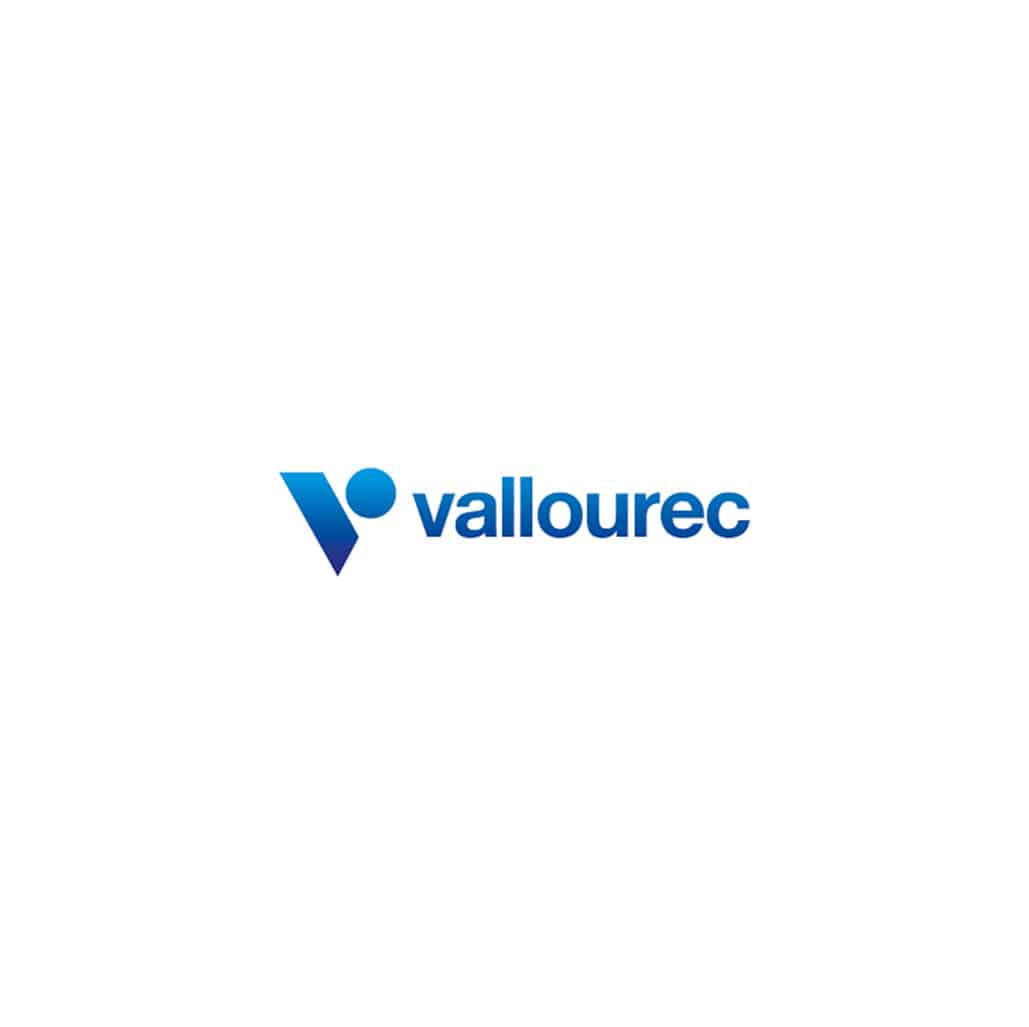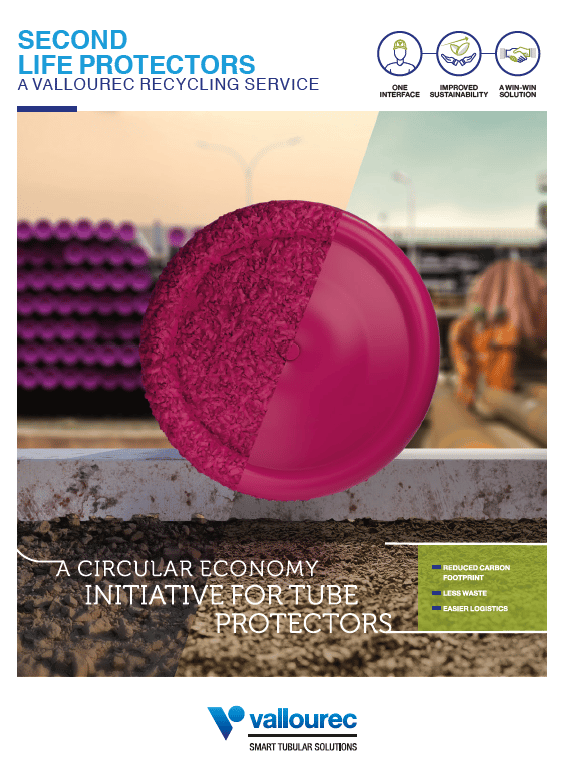Systematize the ecodesign approach in Capex and R&D procedures

Terms of the action or commitment
Make it mandatory to present a structured ecodesign approach in the instruction of investment and R&D projects of a medium importance.
Objective: to process more than 80% of projects in volume by the end of 2017, with an extension to projects of a medium importance.
The Group’s policy provides for the systematic integration of sustainable development issues into its investments. In particular, a health, safety and environment (HSE) risk analysis must be carried out before each project, in order to take into account potential impacts and anticipate environmental risks when validating project stages.
A procedure covering the rules of “ecodesign” was introduced in 2015 as part of the reorganization of the governance of major projects. It is intended to ensure that the best available practices and techniques are used in the following main areas:
– optimization of working conditions (ergonomics, lighting, heating, workstation ventilation)
– energy efficiency by optimizing performance when choosing the type of energy used, recovering available energy, improving the insulation of furnace walls and installing regulators to optimize consumption
– rational use of natural resources and consideration of the consequences of climate change
– reduction of atmospheric emissions through constant improvement of capture systems
– water management through recycling and recovery of rainwater by storage basins, and improvement of quality through better operation of treatment plants and a reduction of the volume of water discharged
– waste management through improved collection, sorting and recovery rates
– reduction of noise pollution inside and outside the workshops by reducing, as a priority, noise emissions at source.
The objective is now to ensure that sites and regions act in the same way for projects of medium importance.
Objective: to process more than 80% of projects in volume by the end of 2017, with an extension to projects of a medium importance.
The Group’s policy provides for the systematic integration of sustainable development issues into its investments. In particular, a health, safety and environment (HSE) risk analysis must be carried out before each project, in order to take into account potential impacts and anticipate environmental risks when validating project stages.
A procedure covering the rules of “ecodesign” was introduced in 2015 as part of the reorganization of the governance of major projects. It is intended to ensure that the best available practices and techniques are used in the following main areas:
– optimization of working conditions (ergonomics, lighting, heating, workstation ventilation)
– energy efficiency by optimizing performance when choosing the type of energy used, recovering available energy, improving the insulation of furnace walls and installing regulators to optimize consumption
– rational use of natural resources and consideration of the consequences of climate change
– reduction of atmospheric emissions through constant improvement of capture systems
– water management through recycling and recovery of rainwater by storage basins, and improvement of quality through better operation of treatment plants and a reduction of the volume of water discharged
– waste management through improved collection, sorting and recovery rates
– reduction of noise pollution inside and outside the workshops by reducing, as a priority, noise emissions at source.
The objective is now to ensure that sites and regions act in the same way for projects of medium importance.
Levers mobilized for circular economy (according to Ademe)
Implementation timeline
Starting year
2016
Ending year
2020
Main actors mobilized
Internal actors
Capex and R&I project managers; Investment Department, R&D Department, Environment Department, Process Communities
External actors
Equipment supplier and engineering
Geographic area
Group (20 countries including services sites)
2022 follow-up of the action
Date of follow-up
End 2021
Methods of validation of the follow-up
Follow up done internally
Status of the action
In progress
Completed
a) Results
Achieved
Partially achieved
Not achieved
Cancelled
Comparison with the projected pace in the last publications
Keeping up with the times
In advance
Delayed
Partial / Final results
End of 2021, 100% CAPEX and R&D projects above 1Mi€ had an Ecodesign review.
Company's comments
The Group’s policy is to systematically integrate CSR issues into investment approval procedures. A general procedure covering the rules of “eco-design” was introduced in 2015 as part of the overhaul of the governance of major projects and has since been refined. It is intended to ensure that the best available practices and techniques are used. It is now well understood and projects are integrating the approach. It also applies to R&D projects.


